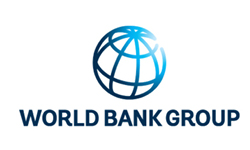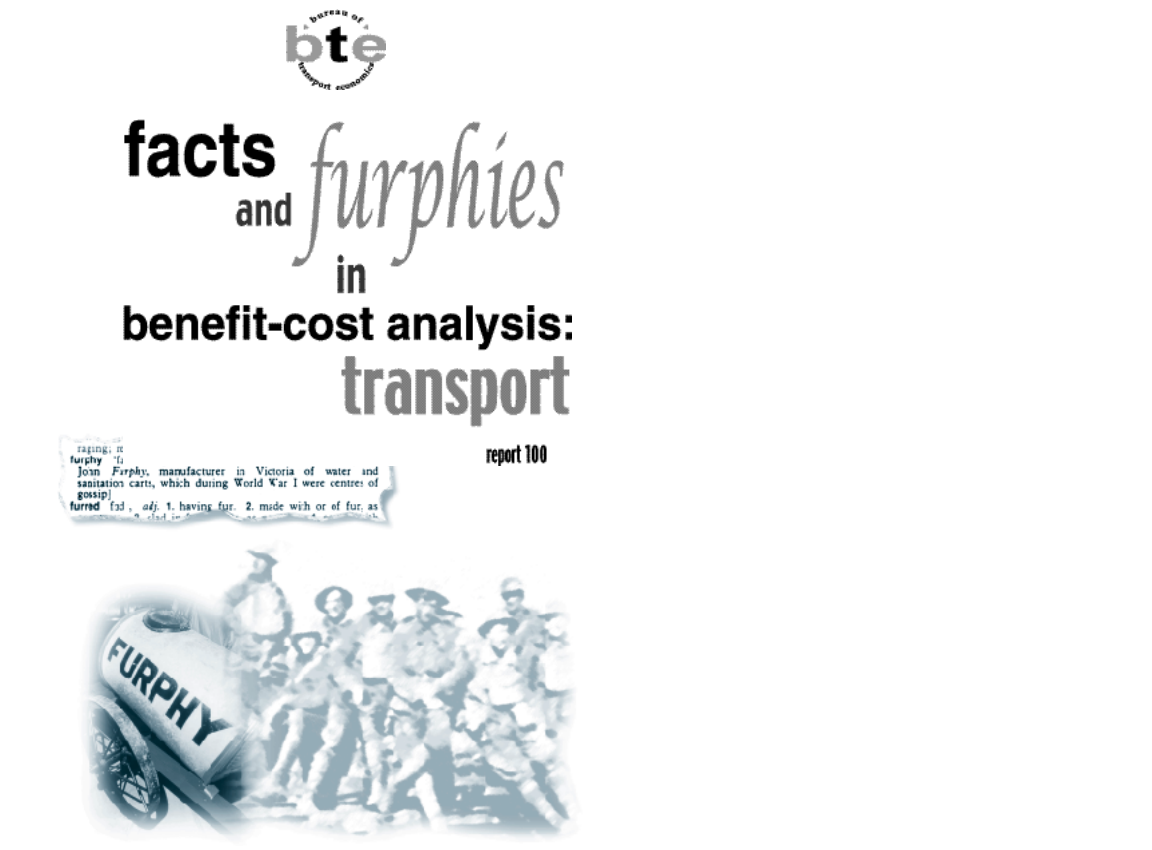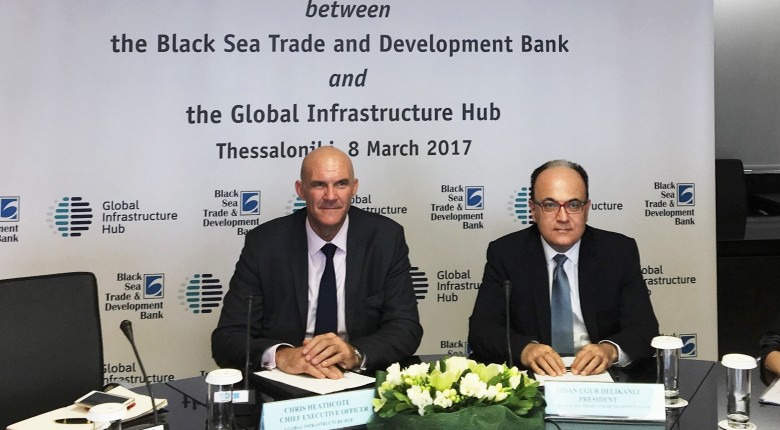865 results found
Featured results



More results
This publication draws on the Private Sector Participation (PSP) experience of four emerging economies Brazil, Peru, the Philippines, and Turkey based on in-depth case studies by Energy Sector Management Assistance Program (ESMAP).

This report evaluates recent developments regarding public-private partnerships (PPPs) in Latin America.

BCG has identified a series of best practices that underlie successful PPPs.


This paper looks at how to drive needed public sector innovations in infrastructure policy, regulation, finance, procurement and permitting.


This second report of the Business Working Group, \"Managing transnational infrastructure programmes in Africa - Challenges and best practices\", identifies the key hurdles that have to be overcome.


The Framework provides systematic structure for proactively disclosing information pertaining to PPP Projects.



Benefit-cost analysis (BCA) is a valuable and widely used tool. To reduce the odds of misuse, this report probes some important methodological issues, especially as they relate to transport projects.



A G20 report prepared by the Global Infrastructure Hub reviewing the extent to which Multilateral Development Banks (MDBs) create incentives within their organisations to crowd-in private finance to fund public infrastructure.


Asian Infrastructure Investment Bank President Mr Jin Liqun met Global Infrastructure Hub Chief Executive Officer Chris Heathcote at the GI Hub’s Sydney office on April 3, where both parties provided briefings on their key work. Discussion focused on the GI Hub’s report undertaken for the G20 on the role of Multilateral Development Banks in “crowding-in” private finance for public infrastructure, which was released earlier this year. The GI Hub has already been in discussions with the AIIB on the recommendations in the report.
The Principles of MDBs’ Strategy for Crowding-in Private Sector Finance for Growth and sustainable Development promotes effective approaches to maximize the mobilisation and catalyzation of private sector resources.

The study uses a new, annual data set on Internet availability from the Brazil school census, the study analyses Brazil's "internetrollout" and its impact on the employee wages and industry employment.

Global infrastructure needs and Public-Private Partnerships were discussed when the Foreign Correspondents’ Association of Australia met the GI Hub today.
Global Infrastructure Hub Chief Executive Officer Chris Heathcote says quality public infrastructure can promote greater affluence and spark global growth. Mr Heathcote told a Public-Private Partnership Seminar in Athens that “infrastructure changes lives and changes economies”.
This book discusses in detail the issues and challenges associated with infrastructure connectivity in Asia.

This policy brief outlines promising ideas to attract instiutional investors to pay for infrastructure they have not convinced pension funds or affluent individuals to invest, especially in emerging economies with untested issuers, The “tax-kicker” bond being proposed here could solve this issue.

A Memorandum of Understanding (MoU) between the Global Infrastructure Hub (GI Hub) and the Black Sea Trade and Development Bank (BSTDB) has been signed at the BSTDB headquarters in Thessaloniki, Greece.
Mark Moseley, the GI Hub’s Senior Director for Legal Frameworks and Procurement Policies gave a presentation at a seminar on Future Ready: Sustainable Cities – Indonesia Infrastructure in Focus held in Jakarta, Indonesia on 7 March 2017.
Report reviewing the extent to which Multilateral Development Banks (MDBs) create incentives within their organisations to ‘crowd-in’ private finance to fund public infrastructure.
The GI Hub’s Project Pipeline is reaching out across the globe, with registered users from across 90 countries.
Asian Infrastructure Investment Bank Vice President and Chief Administration Officer Dr Luky Eko Wuryanto met with GI Hub Chief Executive Officer Chris Heathcote and senior staff in Sydney today.









 Download Report
Download Report



